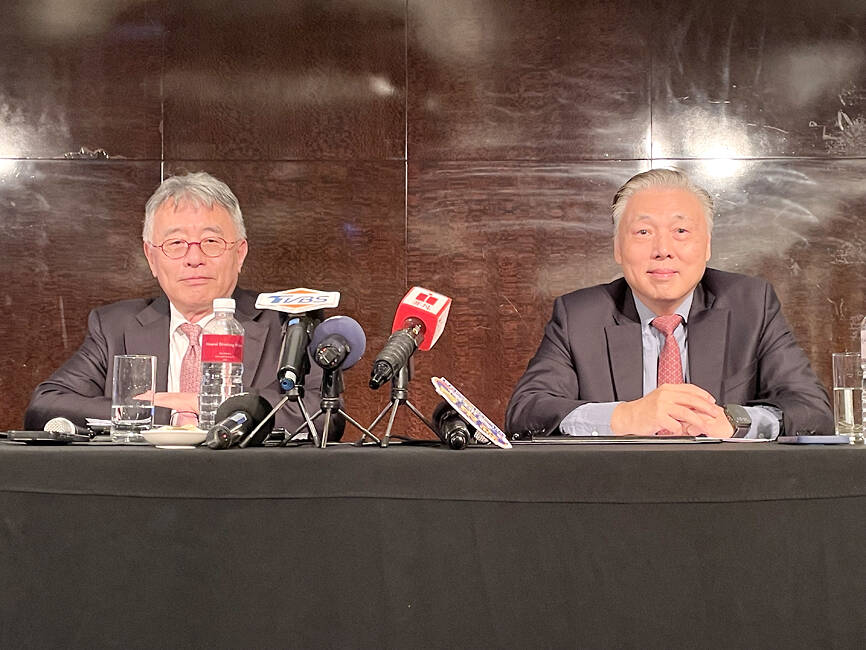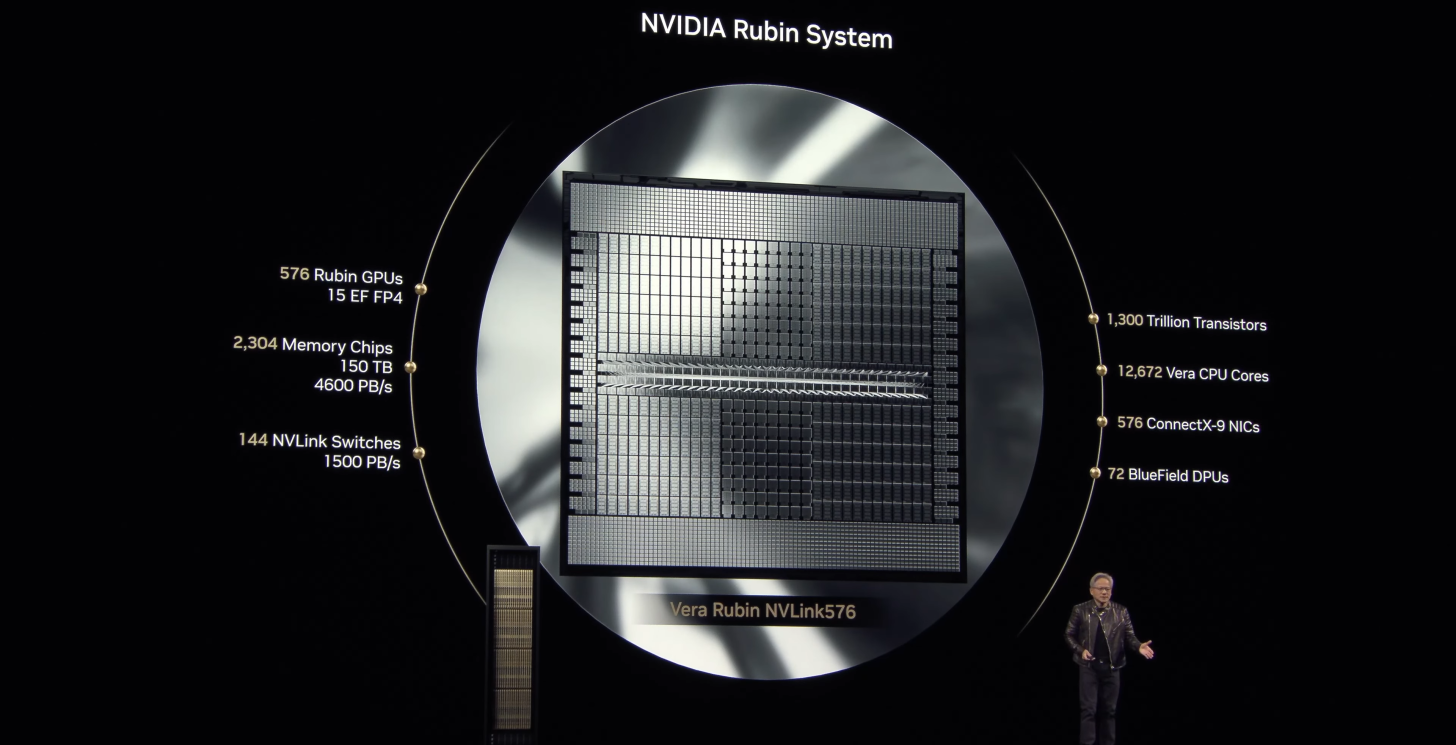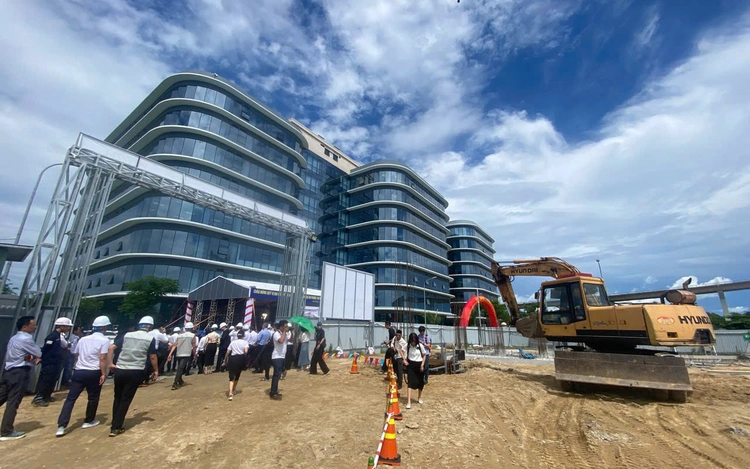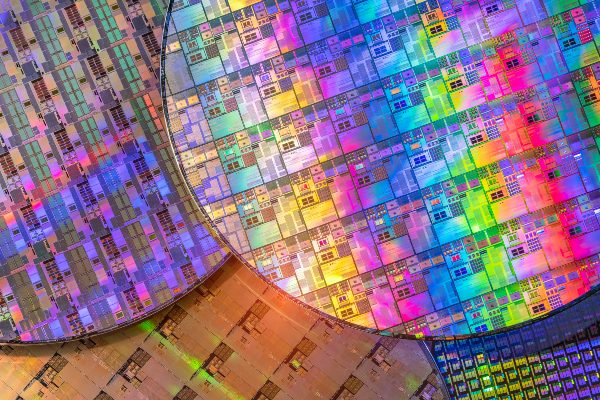Taiwan Blacklists Huawei and SMIC, Tightening Controls on AI Chip Technology
Jun 17,2025
Taiwan has formally blacklisted Huawei Technologies and Semiconductor Manufacturing International Corporation (SMIC), marking a significant escalation in global efforts to limit China’s access to advanced semiconductor technologies.
In its latest update to the Strategic High-Tech Commodities Entity List, Taiwan's Ministry of Economic Affairs added both companies—along with several of their overseas subsidiaries in Japan, Germany, and Russia. This move effectively blocks Taiwanese companies from exporting high-end manufacturing equipment, materials, and services to Huawei and SMIC without special government approval.
The blacklist places Huawei and SMIC alongside entities such as organizations in Iran and other embargoed countries. Under the regulation, Taiwanese suppliers must now undergo an approval process before engaging with any party on the list.
This marks a strategic shift in Taiwan’s export control policy. While Taiwan has long imposed blanket bans on specific chipmaking technologies, such as advanced lithography machines, this is the first time it has directly named China’s top tech firms in its restricted entity list.
The restrictions are expected to severely impact the development of AI semiconductor infrastructure in China. Huawei and SMIC have been central to the country’s efforts to build domestic chip capabilities—particularly in AI and high-performance computing—amid rising tensions with the West.
The update comes at a time when Taiwan continues to tighten national security measures. Earlier this year, Taiwan’s government introduced a series of initiatives to counteract foreign influence and technology infiltration. The decision to target Huawei and SMIC reflects growing concerns over the strategic use of advanced semiconductors in military and AI applications.
Both companies are also listed on the U.S. Department of Commerce's Entity List, which significantly restricts their access to American-origin technologies. Despite these challenges, Huawei and SMIC surprised the global tech industry in 2023 by unveiling a domestically produced 7nm chip, prompting international debate over the enforcement and effectiveness of technology bans.
For Taiwan, this move also underscores its crucial role in the global semiconductor supply chain. As home to TSMC, the world's most advanced chipmaker and supplier to companies like Apple and Nvidia, Taiwan remains a pivotal player in shaping the future of global semiconductor policy.








